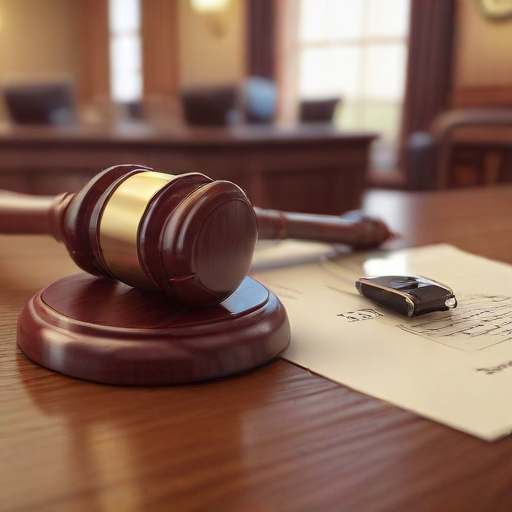Apple has reached an agreement to pay $95 million to settle a class-action lawsuit that accused the tech giant of allowing its virtual assistant, Siri, to secretly eavesdrop on users. This lawsuit claims that Apple betrayed its commitment to user privacy by potentially turning on Siri’s microphone without consent, effectively recording conversations.
The lawsuit was initiated by the Wood Law Firm in August 2019, following allegations from a news outlet that Siri could be activated without users’ knowledge. Apple had introduced a software update in September 2014 aimed at enabling Siri only when “Hey, Siri” was spoken, but the lawsuit suggests that Siri listened in on conversations outside those commands to enhance its technology. Furthermore, it was alleged that some recorded conversations were shared with advertisers for targeted marketing.
Millions of U.S. consumers who owned Siri-enabled devices from September 17, 2014, to the end of 2022 will be eligible to file claims under this settlement. Payouts are currently proposed at up to $20 per device, though actual amounts may vary depending on the number of claims filed and legal costs, with estimates suggesting only 3% to 5% of eligible consumers may take action.
While Apple denied any wrongdoing, the lawsuit raised concerns regarding potential violations of federal wiretapping laws and the implications for user privacy—a core value the company promotes. Notably, lawyers representing the consumers argued that Apple could have faced $1.5 billion in damages had the case proceeded to trial.
Although the $95 million settlement is a significant amount, it is relatively small in comparison to Apple’s substantial profits, which have soared past $700 billion since the allegations began. Companies like Apple often opt to settle in order to avoid ongoing legal fees and negative publicity.
In light of these developments, consumers may find it prudent to reassess their privacy settings on devices. For those concerned about potential eavesdropping, disabling Siri can be done easily through the device’s settings.
Overall, while this settlement acknowledges users’ privacy concerns, it also highlights the importance of being vigilant about digital privacy in an age when technology continuously evolves.
